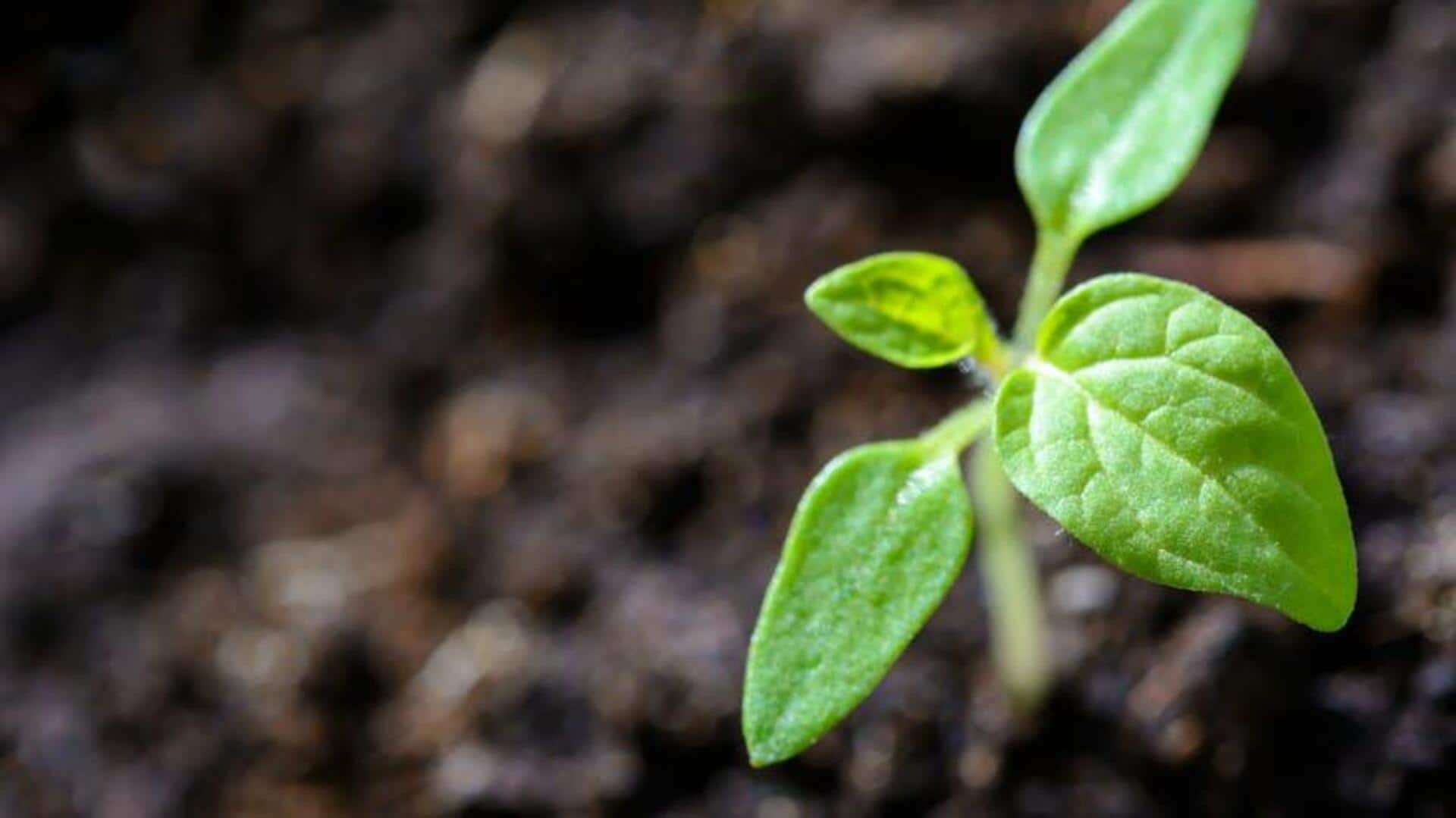
How to nourish your plants with kitchen scraps
What's the story
Kitchen herb remnants can serve as a great resource for boosting plant vitality. Instead of throwing away these leftovers, repurpose them to your plant's benefit. Not only does this minimize waste, but it also offers an economical means to nourish your plants. By knowing how to use these remnants right, you can enrich soil and encourage healthier plant growth without resorting to costly fertilizers/additives.
Composting
Create nutrient-rich compost
Herb remnants like basil stems or mint leaves can be added to your compost pile. These organic materials decompose over time, enriching the compost with essential nutrients. When mixed into garden soil, this nutrient-rich compost enhances soil structure and fertility, promoting robust plant growth. Regularly turning the compost ensures even decomposition and prevents unpleasant odors.
Infusions
Make herbal infusions for plants
Herbal infusions from kitchen herb scraps can also be used as a natural fertilizer for plants. Simply steep leftover herbs in water for a few days to extract their nutrients. Once strained, the infusion can be used to water plants directly at the base, giving them a gentle nutrient boost that helps them maintain healthy foliage and root growth.
Mulching
Use as mulch for moisture retention
Spread dried herb remnants around the base of your plants and they make excellent mulch. This layer prevents evaporation and retains soil moisture and suppresses weeds by blocking sunlight. As the herbs decompose over time, they add organic matter back into the soil, further enhancing its quality and supporting the plants.
Pest control
Repel pests naturally with herbs
Some herbs naturally repel pests, thus keeping your garden protected without any chemicals. For example, rosemary or lavender remnants can be placed around plants to help keep bugs like aphids or mosquitoes at bay with their pungent smell. Using these herb leftovers forms a part of the integrated pest management strategy to keep your garden's ecosystem balanced.
Soil conditioning
Enhance soil pH balance with herbs
Some kitchen herbs, such as lemon balm, naturally help in adjusting the soil's pH levels when they decompose. The mild acidity of lemon balm can lower the pH of alkaline soils, contributing some beneficial nutrients. This improves the growing conditions in the gardens where pH adjustment is required for certain crops as part of the seasonal gardening efforts by enthusiasts across the globe.